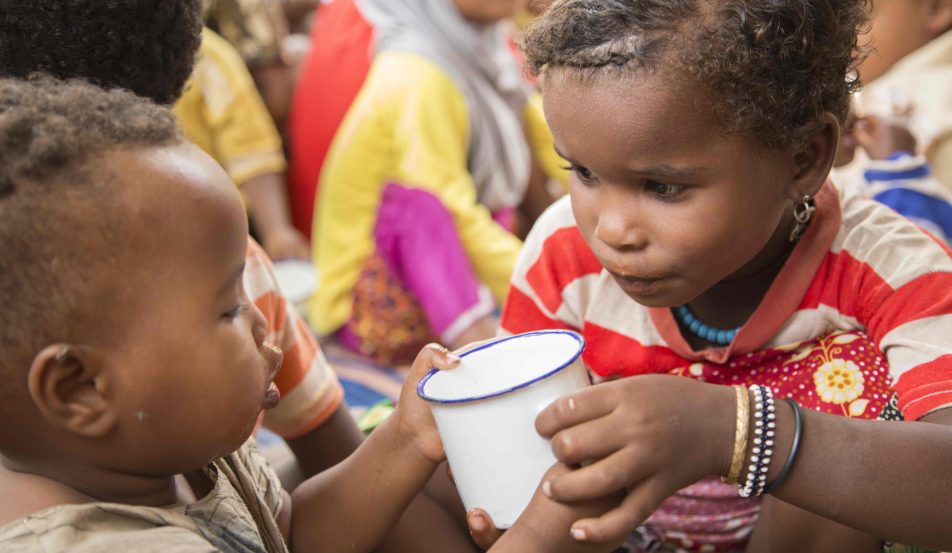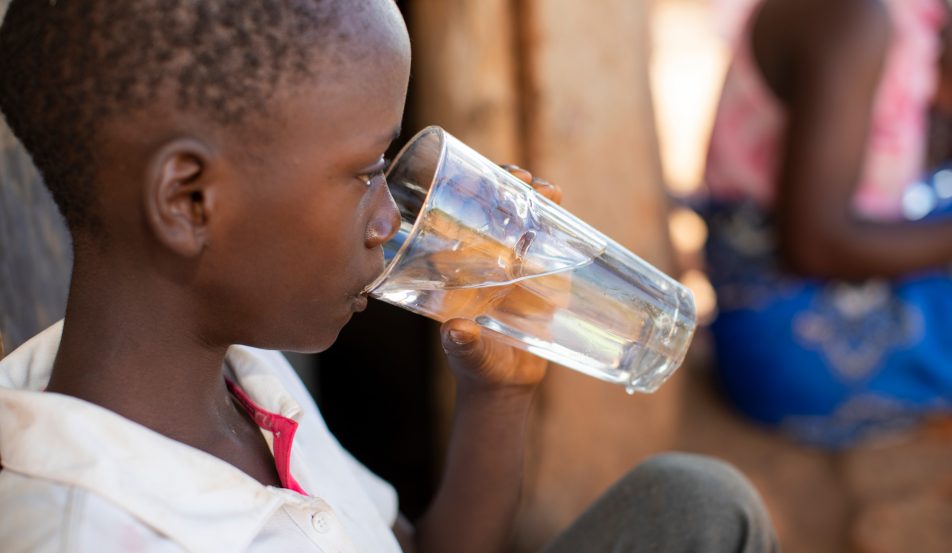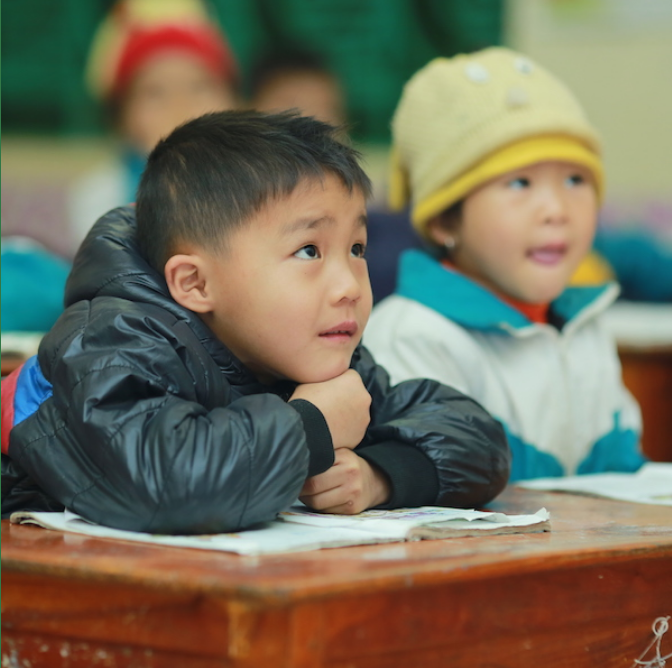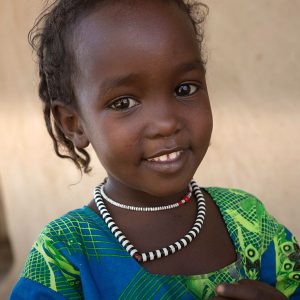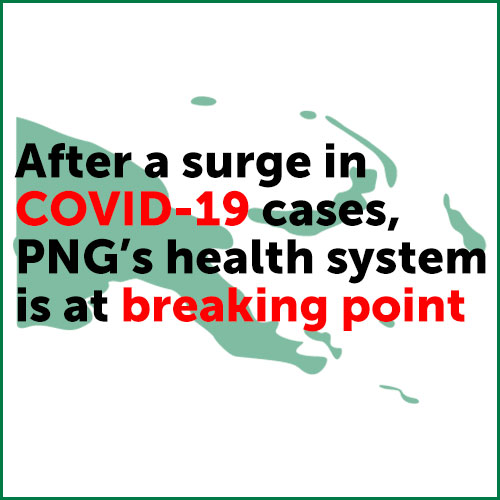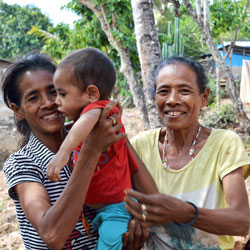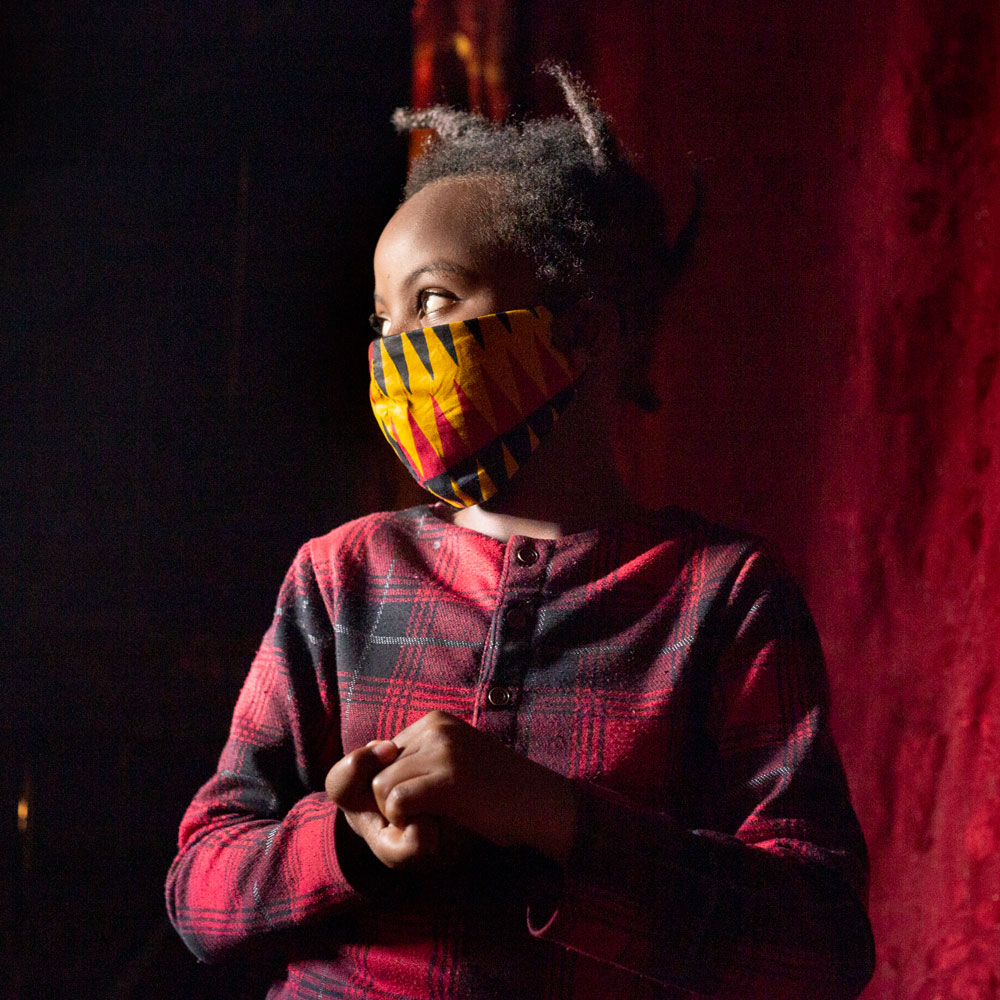Progress in the city of the water wars
In the Bolivian city of Cochabamba, water is a scarce resource. The city is located in an extremely dry valley, where most of the scenery is dominated by desert and dusty roads with little greenery or vegetation.
Luisa is a mother of five children, ages 11 years to 7 months. She and her husband, Zenón, arrived in Cochabamba a few years ago with many other migrants from Bolivia’s rural areas when the country`s main mining company closed and left thousands of people unemployed.
The family settled in a marginal area of Cochabamba, where no electricity, paved roads or water services are available.
The water problem in Bolivia is not new. In fact, Cochabamba’s water wars made news in 2000 after protests over water prices erupted into violence. The conflict inspired several movies and documentaries. Today, more than a decade later, Bolivia continues to suffer from South America’s lowest water coverage levels, as well as low quality of services, especially in terms of sanitation.
ChildFund Bolivia works in the most vulnerable and deprived areas of Cochabamba through local partner Obispo Anaya to help families gain access to purified water, educating them about water-usage techniques and improving hygiene and sanitation systems to avoid the spread of diseases that include diarrhea, chagas disease (a parasitic infection), respiratory and skin infections.
Luisa has worked as a community leader with ChildFund Bolivia’s local partner for the past seven years, and one of her family’s main concerns is water. Having to buy water has always been an additional expense that was eating up a big portion of their small monthly budget. Her family still has to buy water, but the expense is lower thanks to ChildFund’s efforts.
At the ChildFund-supported community center, families receive training on how to use a simple water purification system, which requires only sunlight and plastic bottles to kill germs, viruses and bacteria that can be present in water.
“We don’t need to buy bottled water anymore or boil it,” Luisa says. “We used to spend much more money for water. We still have to buy it from the water truck, but we spend less.” The family still buys two to three tanks full of water a week, which is approximately 15 bolivianos (US$2), half of what Zenón makes in one day of work.
Now Luisa trains other mothers in her community about proper usage of water purification systems. Her children are also healthier: Baby Tania is growing much stronger, as well as her brother Jonas, who is 3. Luisa`s three older children attend school and have healed from the skin infections that they used to get before the family began using the water purification system.
ChildFund’s program has helped me in many ways to take better care of my children,” Luisa says. “They have taught us how to better clean our house and avoid diseases, and how to use water better and wash our hands, and I can see the difference, as my little babies don`t get sick anymore, as the elders did.”




